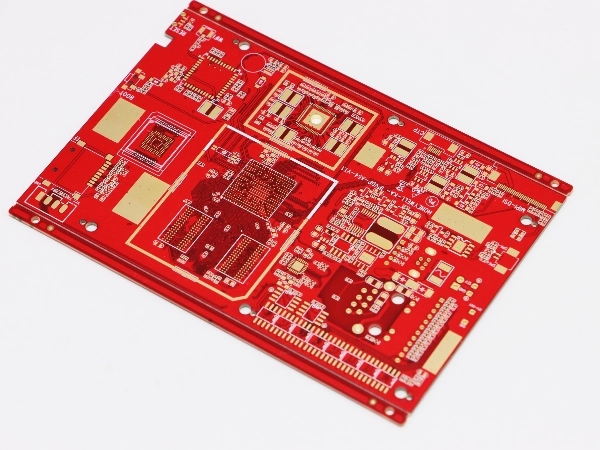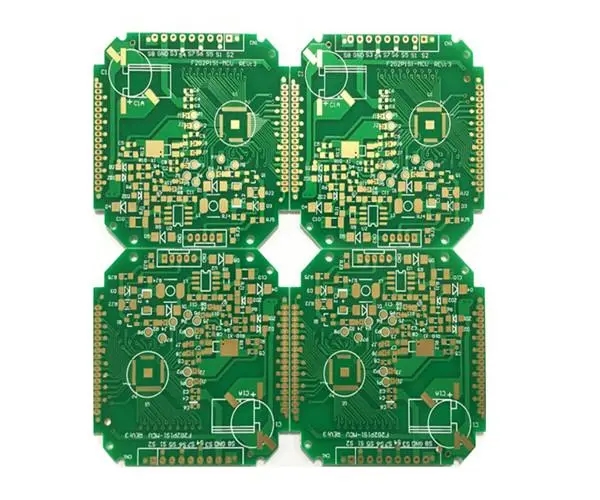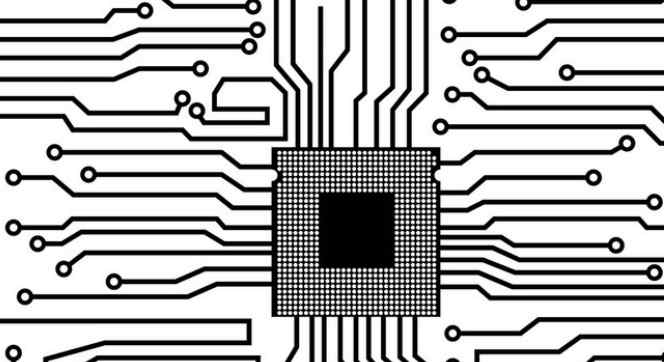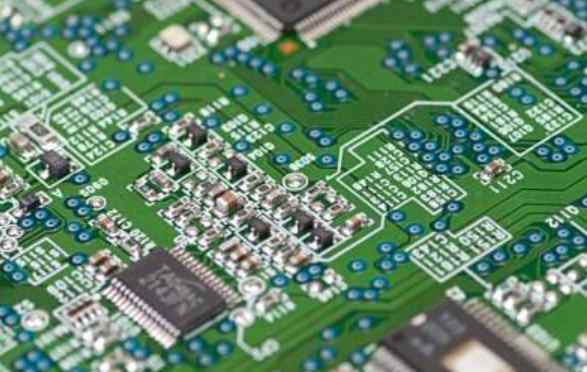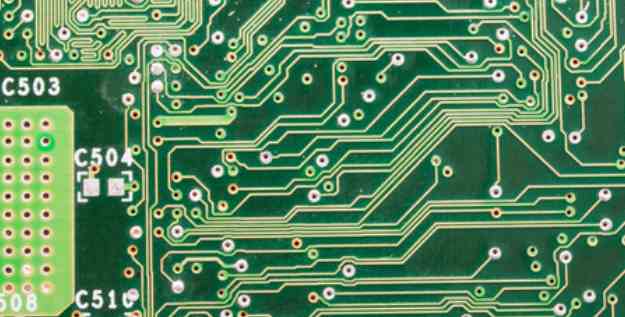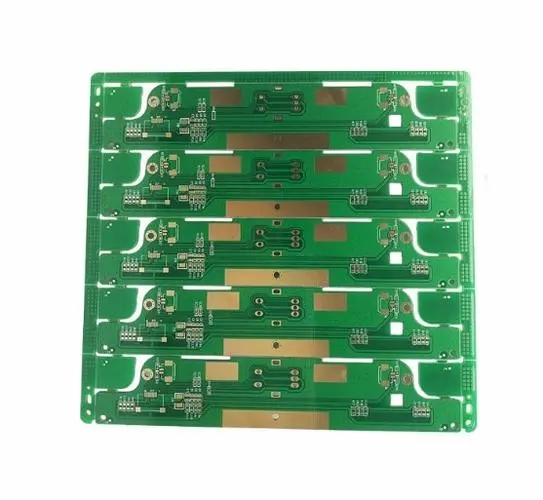
Small editor explains the classification of SMT steel mesh from the perspective of production
Classification of SMT steel mesh:
In terms of production process, it can be roughly divided into laser steel mesh, electropolished steel mesh, nano steel mesh, electroformed steel mesh, etched steel mesh, ladder steel mesh, etc.
1) The laser steel mesh is formed by laser cutting, which is the most commonly used steel mesh in the industry at present. It is directly made by using data files, which reduces the manufacturing error link. It has high precision, but it needs to be cut one by one, and the speed is not fast.
2) After laser cutting, the hole wall of the electropolished steel mesh is polished and polished by electrolytic polishing to improve the opening hole wall. Its hole wall is smooth, especially suitable for QFN/BGA with ultra-fine spacing.
3) The nano steel mesh is based on the electropolished steel mesh by adding some nano rare metals on its surface, and by changing the metal structure to make it well combined, the hardness of the steel mesh is greatly improved, and the rare metals have a repulsive effect on the flux in the solder paste, thus greatly reducing the number of screen cleaning, improving production efficiency and printing quality. In addition to all the advantages of electropolished steel mesh, the advantages of non stick solder paste make the printing of nano steel mesh more difficult to sharpen, which is suitable for solder paste printing of more precise components.

4) Electroformed steel mesh is the most complicated steel mesh manufacturing technology, which is a metal forming process by depositing nickel metal on the base plate or template and forming metal layers. Electroformed steel mesh wall is smooth, with inverted trapezoidal structure and the best solder paste release. For micro BGA, ultra-fine pitch QFP and small chip components such as 0201 and 01005, they have good printing performance. Moreover, due to the characteristics of the electroforming process itself, a ring protrusion slightly higher than the thickness of the steel sheet is formed at the edge of the hole, which acts as a "sealing ring" when the solder paste is printed. This sealing ring is conducive to the close fitting of the steel mesh with the bonding pad or solder mask when printing, and prevents the solder paste from leaking to the outside of the bonding pad. Of course, the steel mesh cost of this process is also the highest.
5) Etched steel mesh is formed at one time through chemical etching process, which is fast. It is the mainstream steel mesh when laser steel mesh is not popular. With the development of technology and higher requirements for environmental protection, Etched steel mesh has been replaced by laser steel mesh, but the etching process is still irreplaceable.
6) Stepped steel mesh: the stepped steel mesh is made into two or more thicknesses on the same mesh plate to achieve the purpose of precise control of tin content. STEP-UP local thickening can overcome the problem of uneven pin position of some parts, while STEP-DOWN local thinning steel mesh can effectively control the problem of FINE PICTH pin short circuit.
There are so many kinds of steel meshes just from the perspective of manufacturing process. We haven't talked about the materials of steel meshes yet. As a purchaser who has no research on PCB boards or stencils, how do you choose stencils?
In fact, ordinary laser steel mesh is applicable to most products. If you need a special stencil, SMT processing factory will communicate with you at the first time, because the printing effect of the stencil directly affects the yield of the patch. In order to produce high yield products, SMT plants will choose the most qualified steel mesh.
Even the most common laser steel mesh, the price is also uneven, from dozens to hundreds. From materials to design and manufacturing process, the quality of steel mesh is affected. A good steel mesh has a good tin effect, making the mounting more accurate and beautiful.
PCB manufacturers, PCB designers and PCBA manufacturers will explain the classification of SMT steel meshes from the perspective of production.


